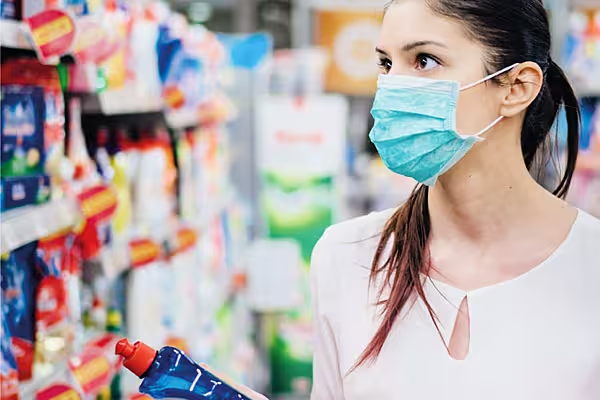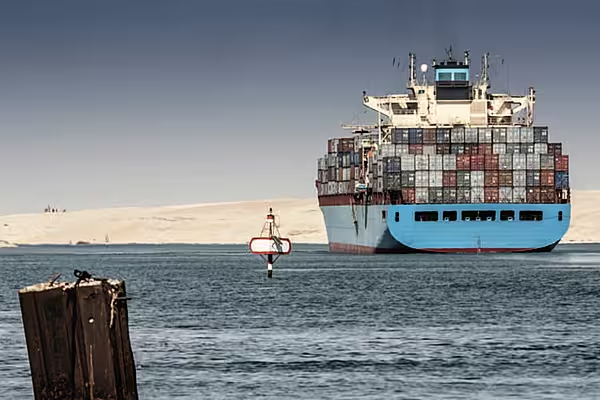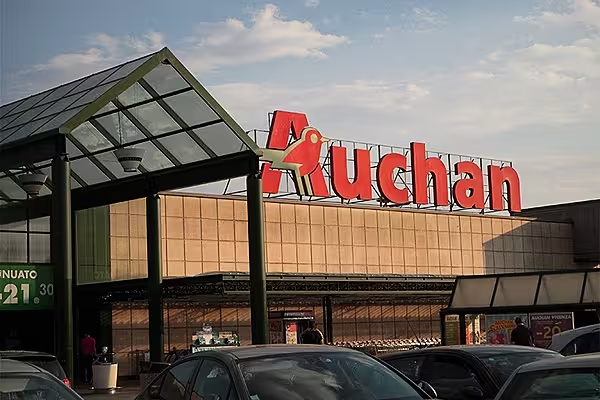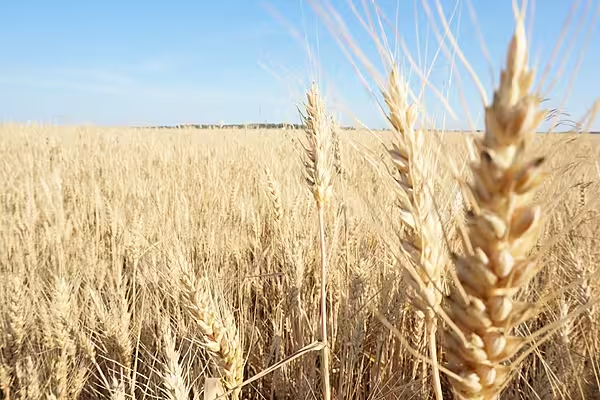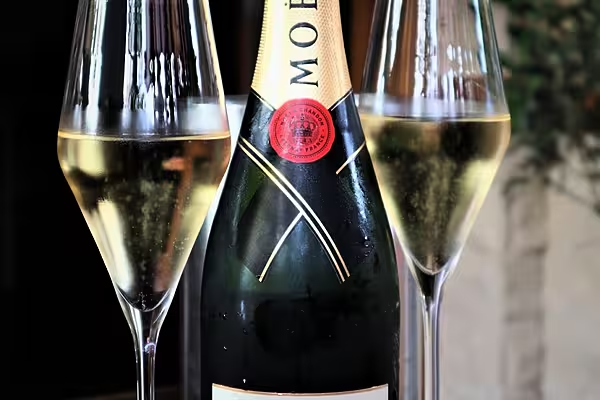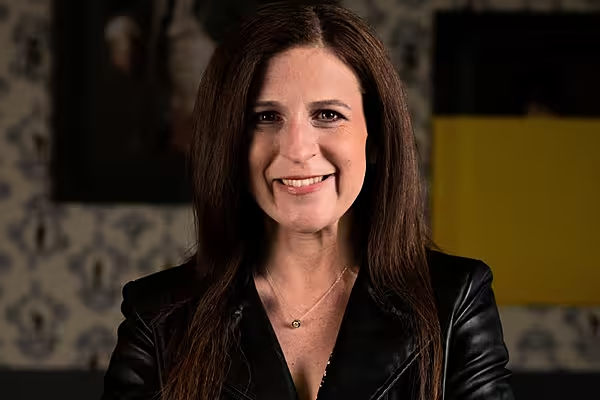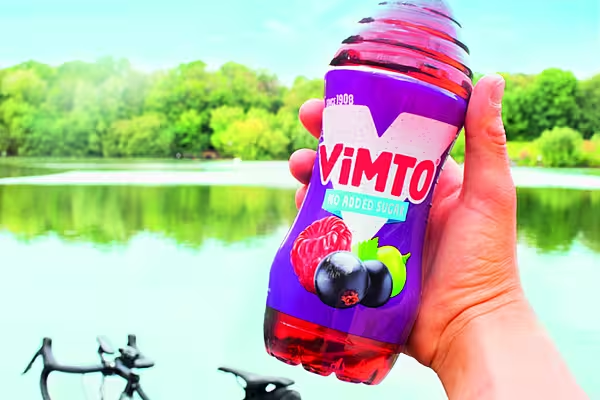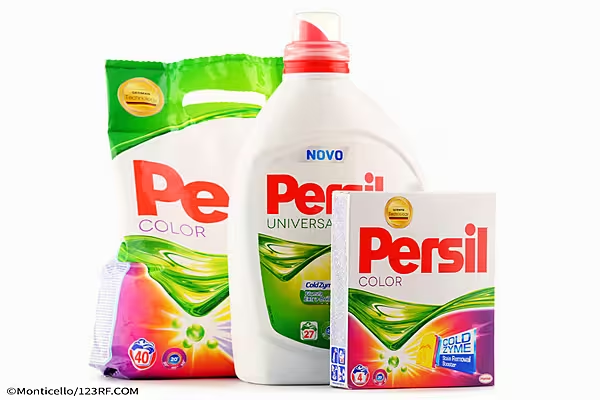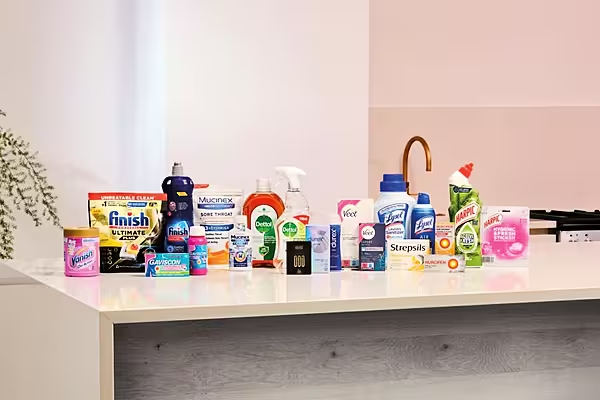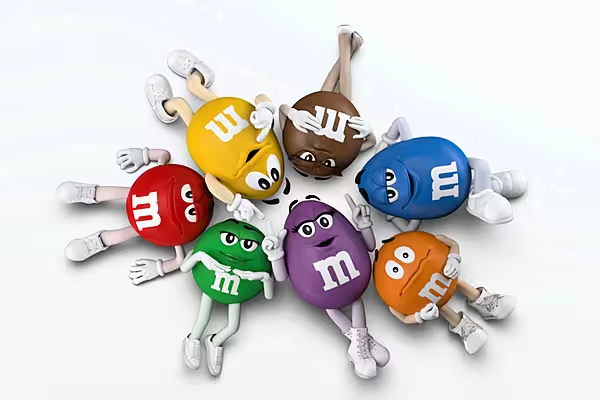Reckitt Benckiser Group has commenced a process aimed at transferring ownership of its Russian business, becoming the first major personal goods maker to do so following the country's invasion of Ukraine.
The maker of Durex condoms, Strepsils throat lozenges and Lysol cleaning products said its decision may include a transfer to a third party or to its local employees.
'We will work closely with our colleagues in Russia on the details of the various options available to ensure an orderly process,' Reckitt said in a statement.
"We will do our utmost to ensure those colleagues' ongoing employment in any new structure and we commit to paying their monthly salaries and benefits until the end of 2022," it added.
The announcement comes after Moscow suggested it could nationalise the assets of foreign firms that leave the country.
A Reckitt spokesperson declined to comment further.
Russian Division
The company, which has about 1,300 workers in Russia, has continued providing basic health and hygiene products for sale.
Reckitt previously said it was not making money in Russia, and that it had stopped all advertising, promotion and sponsorships in the country, as well as freezing capital investments there.
Consumer companies from Nestlé to Procter & Gamble have come under tremendous pressure from consumers, employees, activist groups and politicians, including Ukrainian President Volodymyr Zelenskiy, over their presence in Russia.
It is the latest in a string of woes for the makers of everything from cereal to soap that are also struggling with cost inflation, pricing pushback from retailers and supply chain disruptions.
Reckitt did not detail the financial impact of its decision. It has one factory in Russia, with the country accounting for roughly 2% of its sales.
Camel and Lucky Strike cigarette maker British American Tobacco Plc is exiting in a similar fashion and is in advanced talks to transfer its Russian business to its local distributor, SNS Group of Companies. It has cut its 2022 fiscal guidance as a result.
Ukraine War
BAT and Reckitt join more than 600 companies which have withdrawn from Russia in some way since the country launched what it calls a 'special military operation' in Ukraine on 24 February, leaving behind assets that had been worth hundreds of billions of dollars in aggregate.
But the consumer goods industry's response has been more nuanced, with many companies saying a total withdrawal could deprive ordinary Russian people of essentials like baby food and medication.
Nestlé, the world's biggest food maker, said last month that it was suspending sales of the "vast majority" of its products in Russia, including KitKat chocolate bars and Nesquik drink mix.
Meanwhile, Dove soap maker Unilever will stop imports and exports to and from Russia, while Tide detergent maker P&G has stopped new capital investments in the country and is only providing essential goods.
